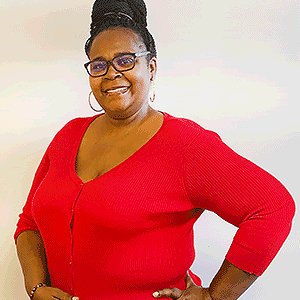
Each month, we’ll have a blog or tips for our readers. This month our Program Manager, Gloria Dowdy, has an update for us!
For many years, discrimination has blocked vulnerable from moving into privileged neighborhoods and produced high levels of residential segregation. Too often, people were excluded from neighborhoods with high-quality housing, schools, and other public services. Lenders have not been willing to invest in vulnerable communities or have offered predatory loans and loan terms with high-interest rates that stripped wealth from vulnerable homeowners. Businesses have avoided these neighborhoods, leaving them without decent grocery stores and restaurants. In many cases, privileged neighborhoods took for granted their quality schools, police protection, recreation facilities, and other services.
It is illegal to discriminate in the sale or rental of housing, including against individuals seeking a mortgage or housing assistance, or in other housing-related activities. The Fair Housing Act prohibits this discrimination because of race, color, national origin, religion, sex, familial status, and disability.
The Fair Housing Act protects persons with disabilities, sexual harassment, and prevents discrimination in mortgage lending. It also protects families with children, persons with limited English proficiency, and people identifying as LGBTQ.
Over the past three decades, segregation has declined (although it, unfortunately, remains high in plenty of areas) and immigration has transformed the country’s population. There is now greater racial and ethnic diversity in every neighborhood across the nation. Consistent with this trend, attitudes towards residential diversity are more open today - especially among young people - while racial and ethnic prejudice is also generally waning.
Fair Housing matters because it gives everyone the right to choose housing free from unlawful discrimination.
In my 21 years of working in the Economic and Community Development Agency (ECDA), I have witnessed considerable progress compared to when I first started here. People used to be hesitant about using our programs and today more of our community is familiar with them and we are all working together to make the community better. This is happening due to our outreach efforts, the training that we have each year, and our partnerships with South Suburban Housing Center and Housing Action Illinois, which have helped us gain the knowledge needed to bring everyone together.